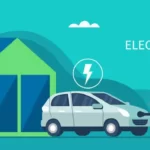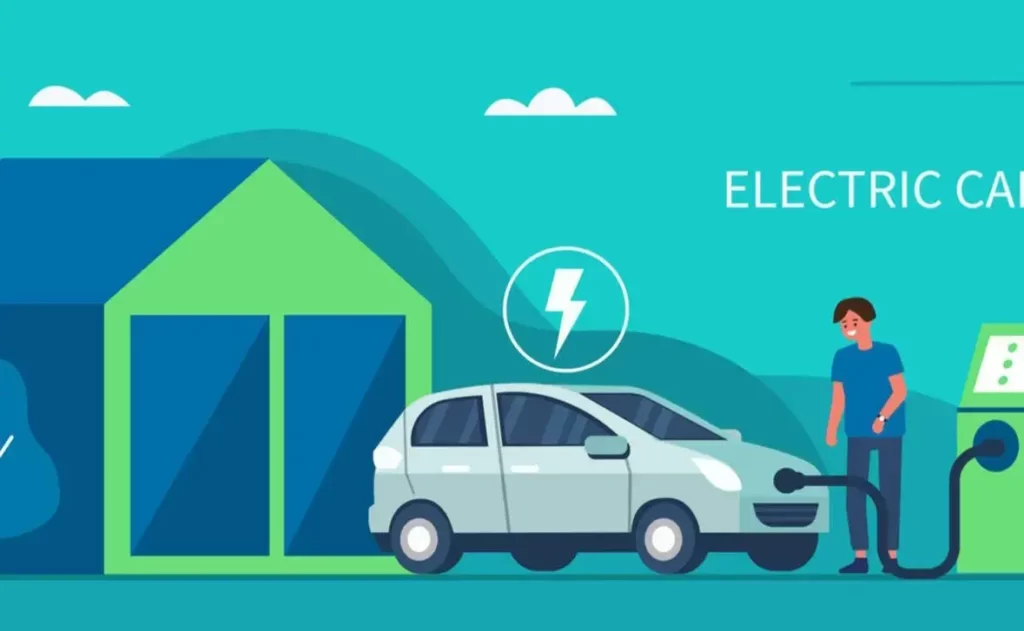ArdorComm News Network
October 6, 2022
To monitor the level of localization of electric vehicles receiving subsidies under the 10,000 crore FAME-II policy, the government is developing an automated data transfer system. This action is being taken to support domestic production while preventing incentives for imported vehicles at the expense of Indian tax payers.
Beginning on October 1, the IT-enabled system based on Application Programming Interface (API) would allow for the smooth transfer of a set of crucial data related to domestic value addition (DVA) from the beneficiaries’ current enterprise resource planning (ERP) systems to the nodal ministry’s portal as well as traceability of products based on digital footprints.
As part of the 10,000 crore FAME-II policy, the government is developing an automated data transfer system to track the amount of localization in EVs receiving subsidies. This action is being taken to support domestic production and prevent taxpayer-funded incentives for the purchase of imported vehicles.
Scheduled to begin on October 1, the IT-enabled system based on Application Programming Interface (API) would allow the seamless transfer of a set of crucial data related to domestic value addition (DVA) from the beneficiaries’ current enterprise resource planning (ERP) systems to the nodal ministry’s portal as well as traceability of products based on digital footprints.
Arun Goel, secretary of the ministry for heavy industries, stated that the action would increase both business efficiency and the ecosystem for EV manufacturing in India.
“If similar systems are replicated for schemes requiring substantial value-addition across ministries, it will ensure transparency. This will further attract investments in India and promote indigenous manufacturing,” he said.
According to top sources, the technology will allow for the monitoring and verification of domestic value addition carried out by businesses without infringing on non-disclosure agreements (NDAs). Original equipment makers (OEMs) have digital records of domestic value addition that are more granularly detailed. However, pre-defined information is obtained for monitoring and verification at the ministry level. Therefore, there is no way to divert.


